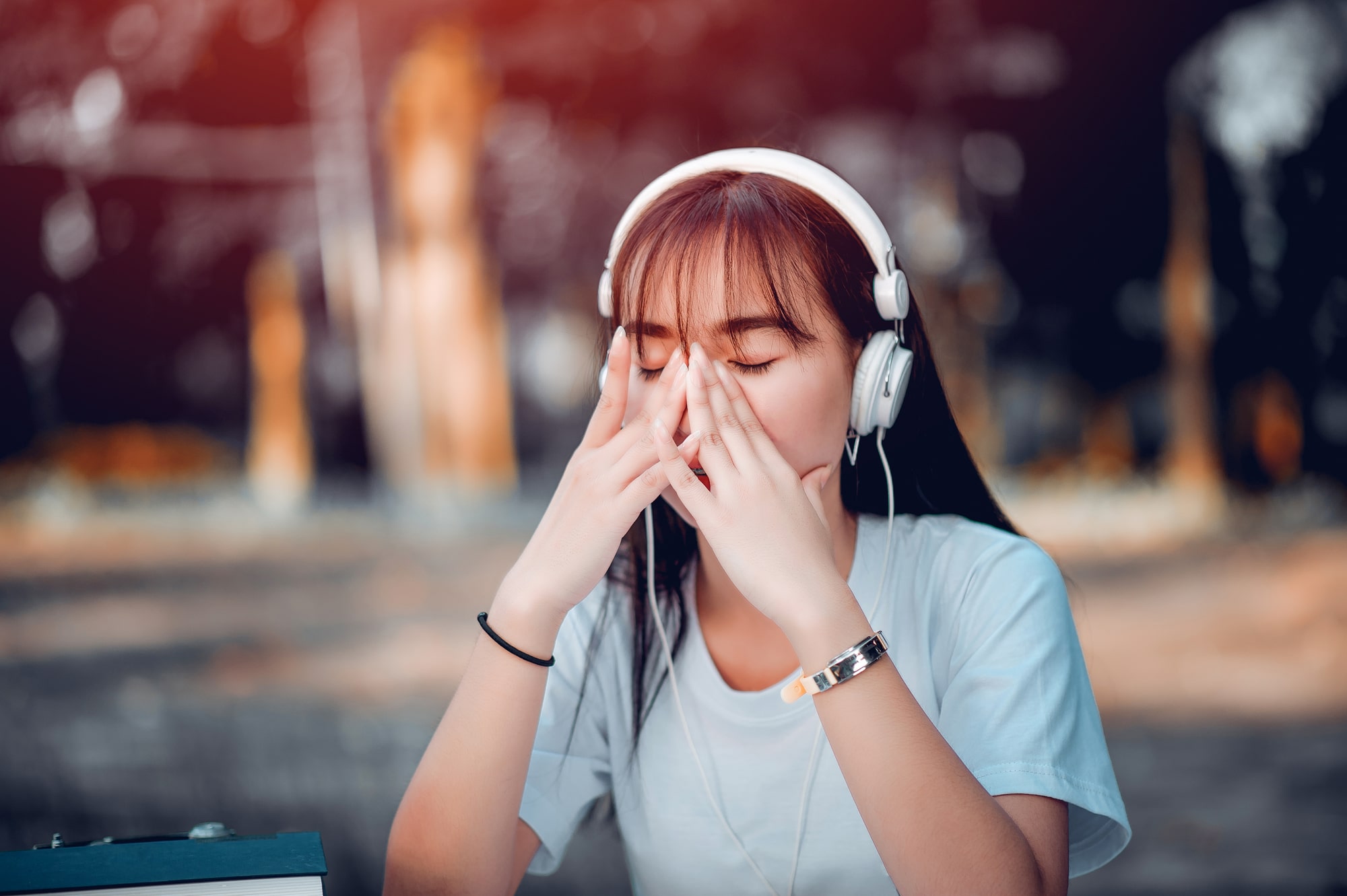Blog
Blog
Navigating the Challenges of Managing Auditory Fatigue

Auditory fatigue a common experience that can affect anyone, regardless of hearing ability. Understanding its causes, risks and preventive measures is essential for maintaining healthy hearing and overall well-being. Here’s what you should know.
Auditory Fatigue is Real – With or Without Hearing Loss
Auditory fatigue, also known as listening fatigue, refers to the feeling of tiredness or discomfort after prolonged exposure to sound, especially in challenging listening environments. This phenomenon is common and can impact individuals with or without hearing loss.
When your auditory system is exposed to excessive or multiple sound inputs, the intricate mechanisms in your brain that process sound can become strained, leading to feelings of exhaustion. Auditory fatigue can be triggered by loud noise exposure, extended periods of concentrated listening and the effort of straining to hear in noisy surroundings.
Signs You’re Experiencing Auditory Fatigue
During auditory fatigue, you might notice several symptoms, such as difficulty understanding speech, a sense of mental fatigue and reduced focus. It may be challenging to distinguish between different sounds or follow conversations, even if you don’t have hearing loss. Other symptoms may include:
- Headaches
- Tiredness
- Oversensitivity or “sensory overload”
- Increased feeling of stress after listening
- Challenges with performing at work or school
- Increased sensitivity to certain sounds
- Loss of sensitivity to certain sounds
There are also several environmental triggers that can increase the risk of experiencing listening fatigue. Some common scenarios include:
- Exercise or physical exertion
- Extended, long exposure to sound
- Listening and concentrating on speech for a long period of time
- Hot weather or exposure to warm environments
Deciding to Speak to a Professional Audiologist
Prolonged or repeated auditory fatigue episodes can contribute to increased stress, reduced cognitive performance and a heightened risk of hearing loss. Continuously straining to hear and process sounds can place additional stress on the auditory system, potentially leading to long-term consequences.
Auditory fatigue in children can lead to reduced academic performance, increased school absences, sleep disturbances and changes in social relationships.
Seeking guidance from a qualified audiologist is crucial if you’re experiencing auditory fatigue. Audiologists can assess your hearing health with a hearing test or auditory processing assessment, provide recommendations and offer strategies to manage listening fatigue effectively in your daily life.
How to Prevent Auditory Fatigue
In the meantime, there are steps you can take to prevent or at least minimize auditory fatigue:
- Control your environment. Strategically position yourself so that you’re near the sounds or voices you most want to hear and away from other noise sources, such as music speakers, kitchen sounds and fans.
- Use listening supports. Consider assistive listening devices that can improve the signal-to-noise ratio. Take advantage of captioning and speech-to-text services.
- Take breaks. Give your ears and brain time to rest by taking short, quiet breaks from noisy situations.
The Benefits of Listening Breaks!
Listening breaks involve stepping away from noisy environments to give your ears and brain a chance to recover. Engage in quiet activities like reading, meditation or simply enjoying nature. This practice can significantly reduce the risk of auditory fatigue.
Hearing Tests and Assessments in Calgary, Grande Prairie, Lethbridge & High River,
At Soundwave Hearing Care, we can perform an assessment and recommend ways to prevent and mitigate listening fatigue and other challenges. Contact us today to book an appointment with one of our team of audiologists and hearing aid practitioners. We have locations in Calgary, Lethbridge, High River and Grande Prairie.
All the blogs are reviewed and edited by our clinic's lead audiologist, Dr. Anne Wooliams. Dr. Woolliams is an experienced audiologist specialized in pediatric audiology, auditory processing, and tinnitus/sound sensitivity therapy. She is dedicated to providing top-notch hearing care and helping her clients improve their language and communication abilities. Dr. Woolliams' expertise in literature and linguistics, combined with her passion for helping people improve their language and communication, make her an incredibly valuable asset in the field of audiology. Learn more about Dr. Woolliams.
